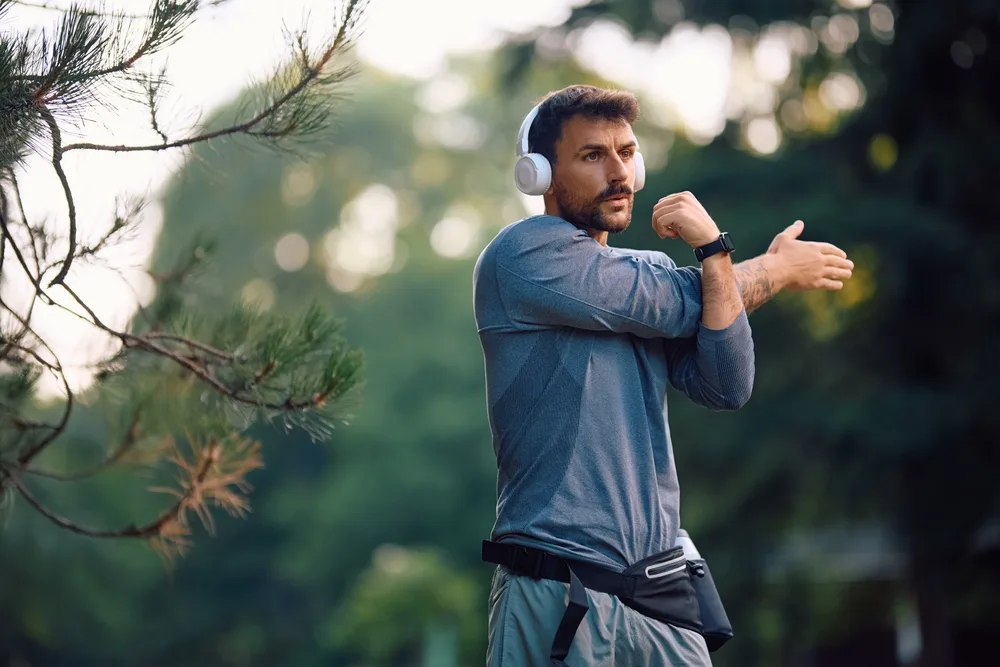
Type 2 diabetes is often described as a lifelong condition, but is it really permanent? More and more research suggests that it might be possible to reverse or put Type 2 diabetes into remission, especially when caught early.
For many people, the idea of no longer needing medication or managing blood sugar levels constantly sounds like a dream. But what does “reversal” actually mean in medical terms, and how realistic is it? Dive into the science behind diabetes remission, explore methods that have shown promise, and highlight what you need to know before considering any big lifestyle changes.
What Does “Reversing” Type 2 Diabetes Really Mean?
Before we go further, let’s define our terms. Technically, there’s no cure for Type 2 diabetes. But “reversal” or “remission” means that your blood sugar levels return to a non-diabetic range without the use of glucose-lowering medications, and stay there for an extended period—typically six months or more.
It’s important to note that remission doesn’t mean the diabetes is gone forever. If lifestyle changes are abandoned, blood sugar levels can creep back up. Think of it more like “on pause” than “completely erased.”
What the Research Says About Diabetes Remission
Multiple studies have shown that substantial weight loss can lead to Type 2 diabetes remission, particularly when the condition is still relatively new.
- A UK study called the DiRECT trial found that nearly 46% of participants achieved remission after following a calorie-restricted diet for 3–5 months.
- Other research has shown that bariatric surgery can lead to remission in a high percentage of people, often within weeks of surgery.
These findings suggest that fat around the liver and pancreas plays a key role in insulin resistance, and reducing that fat can help restore normal function.
Lifestyle Changes That May Lead to Remission
While there’s no magic fix, the following interventions have shown the most promise:
1. Significant Weight Loss
Losing 10–15% of body weight has been linked to improved insulin sensitivity and, in some cases, remission. The key is losing fat around vital organs, not just general weight.
2. Low-Calorie or Meal Replacement Diets
Very low-calorie diets (VLCDs) or structured meal replacement plans can help people lose weight quickly and safely under medical supervision. Programs like the DiRECT study used around 850 calories/day for several months.
3. Low-Carb or Ketogenic Diets
Some people find success with low-carbohydrate or ketogenic eating, which may reduce the need for medication and improve blood sugar control. More research is needed, but early results are promising.
4. Increased Physical Activity
Exercise improves insulin sensitivity. Aim for a mix of cardio and resistance training several times per week to see the best results.
Is Remission Right for Everyone?
Not everyone with Type 2 diabetes can achieve remission. It depends on how long you’ve had diabetes, your current health status, genetics, and your ability to commit to major lifestyle changes. People on insulin or with significant complications should talk to their doctor before making drastic dietary or activity changes.
That said, even if remission isn’t possible, improving blood sugar control through lifestyle changes can dramatically improve your health and quality of life.
Talk to Your Healthcare Team First
Before attempting any drastic diet or exercise changes, it’s essential to speak with your healthcare provider. Sudden changes can affect medications and insulin needs, and support from a doctor or dietitian can make the process safer and more sustainable.
Bottom Line: Yes, Reversal is Possible—But Not Simple
Reversing Type 2 diabetes is possible for some people, especially with early intervention, significant weight loss, and a dedicated lifestyle overhaul. However, it’s not guaranteed, and it takes work. Think of remission as a powerful motivation to take control—not a promise, but a possibility.
By Admin –



